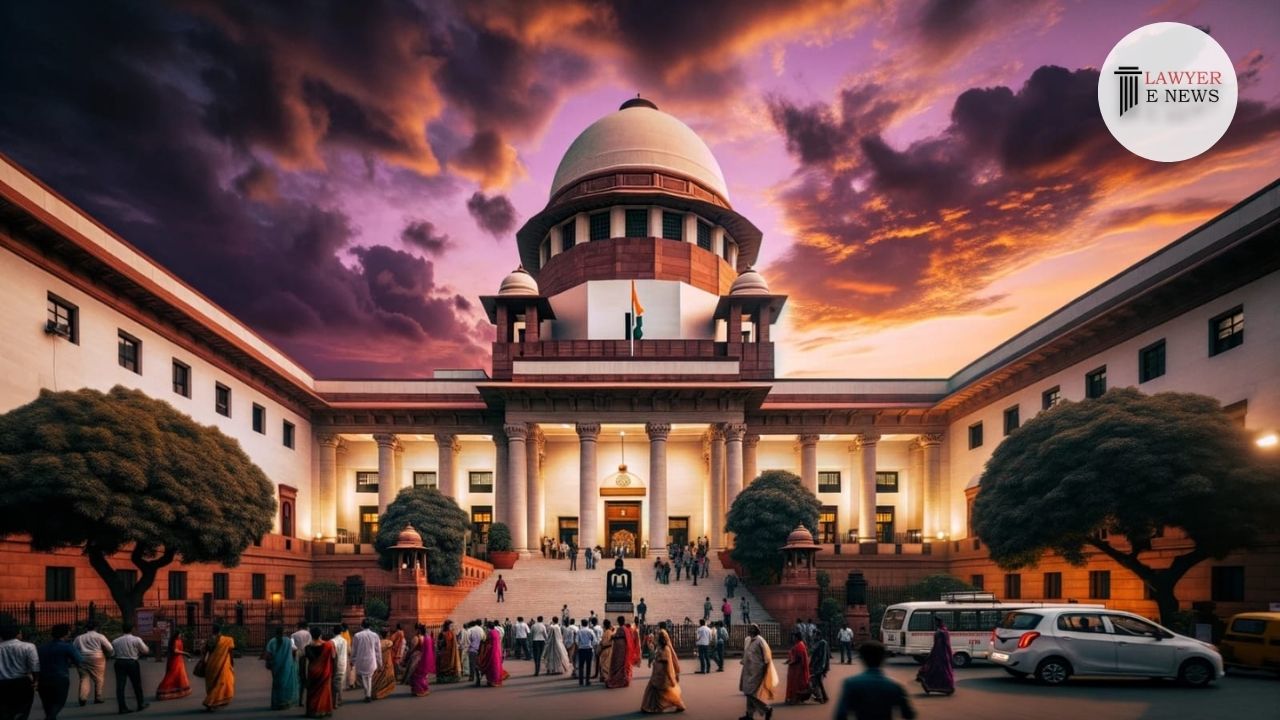-
by Admin
15 February 2026 5:35 AM



In a landmark judgment, the Supreme Court has overruled the directions issued in Asian Resurfacing of Road Agency Private Limited & Anr. V. Central Bureau of Investigation concerning the automatic vacation of interim orders after six months, stating that such directives cannot be issued under the Supreme Court’s powers under Article 142 of the Constitution of India.
The crux of the judgment lies in the interpretation of the Supreme Court’s power under Article 142 of the Constitution, emphasizing that it cannot contravene substantive statutory provisions or the principles of natural justice.
The case primarily dealt with the practice of interim orders granted by High Courts in civil and criminal proceedings automatically expiring due to lapse of time. The key issues revolved around whether the Supreme Court, under Article 142, can mandate the automatic vacation of all interim orders and direct High Courts to decide cases in a time-bound manner.
Justice ABHAY S. OKA, in his judgment, highlighted the importance of adherence to principles of natural justice in judicial decisions. The Court observed that interim orders should not expire merely due to the lapse of time and that termination of such orders must follow a judicial process. The judgment also reaffirmed the independent functioning and powers of High Courts under Articles 226 and 227, stating that they are not subordinate to the Supreme Court.
Justice Abhay S. Oka initiated the assessment by critically analyzing the Asian Resurfacing Judgment, which had significantly influenced the management of interim orders in civil and criminal cases. The bench questioned the rationale behind the automatic vacation of interim orders after six months, delving into whether such a directive aligns with the broader principles of justice and judicial propriety.
The bench elucidated the scope of the Supreme Court’s powers under Article 142 of the Constitution, clarifying that while these powers are extensive, they are not absolute. The judgment emphasized that the Court’s powers under Article 142 cannot override substantive statutory provisions or the fundamentals of natural justice. The directive for automatic vacation of interim orders, applicable to all High Courts, was deemed to exceed the permissible scope under Article 142.
The Court held that interim orders granted by High Courts should not automatically expire due to the mere passage of time. Such a directive undermines the judicial process and bypasses the necessity of a judicial assessment based on the merits of each individual case. The termination of interim orders was asserted to require a proper judicial process, aligning with principles of natural justice.
The judgment stressed the constitutional position of High Courts under Articles 226 and 227. It highlighted that High Courts are not subordinate to the Supreme Court and possess the authority to issue interim orders. The Supreme Court’s directions should not undermine this independent functioning.
The Court, while acknowledging its powers, cautioned against overstepping into the realm of legislation, which is the exclusive domain of the legislature. Setting blanket time limits for case disposal or automatic vacation of stays was categorized as judicial overreach and beyond the Court’s jurisdiction.
The bench underscored the importance of adhering to natural justice principles. It was asserted that orders impacting the rights of parties, including the vacating of interim orders, require thorough judicial examination and cannot be predetermined or arbitrary.
The Court suggested that High Courts should consider specific guidelines for granting ex-parte ad-interim relief and give priority to hearing applications for vacating such relief. While detailed reasons may not be necessary, orders should reflect the consideration of relevant factors.
The judgment represents a significant shift in the legal landscape, emphasizing judicial discretion, the independence of High Courts, and adherence to principles of natural justice. The Supreme Court, through this judgment, has reinforced the balance between the need for expeditious legal proceedings and the safeguarding of fundamental judicial principles.
The Supreme Court overruled the directions issued in Asian Resurfacing regarding automatic vacation of stay and fixed timelines for case disposal. It emphasized the need for judicial discretion and adherence to principles of natural justice in dealing with interim orders.
Date of Decision: February 29, 2024
HIGH COURT BAR ASSOCIATION, ALLAHABAD v. STATE OF U.P. & ORS.
